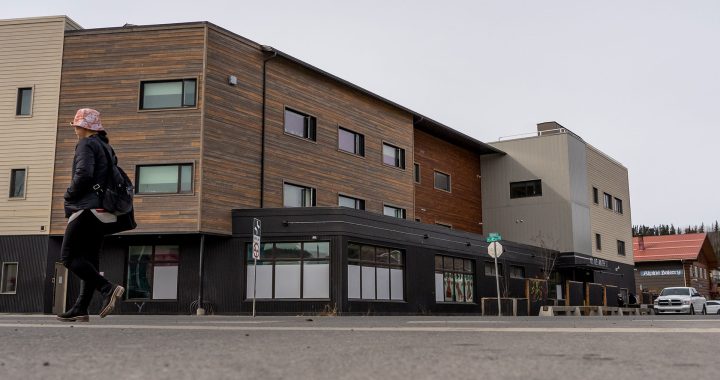Kenneth Jackson
APTN National News
For almost a year Wasaya Airways has sounded the alarm internally that growing debt was forcing the company to the brink of bankruptcy and has now hired a Toronto restructuring firm in the hopes of turning themselves around.
Bart Meekis, chair of Wasaya’s board of directors, confirmed to APTN National News Thursday afternoon they hired R.e.l. group in Toronto.
“We’re restructuring. That’s all I can say right now,” said Meekis who refused to comment further.
APTN called the firm Thursday.
Heather Brodie, a principal at R.e.l., advised APTN the firm wasn’t in a position to comment on questions about Wasaya’s debt and recent safety questions, as reported Wednesday.
Meekis refused to address the safety concerns, as well.
Late Thursday, Wasaya issued a press release saying they were downsizing as part of the restructuring. Friday they confirmed that meant laying off nearly 50 employees trimming its workforce to about 350.
Wasaya President Tom Morris said layoffs wouldn’t affect safety.
“Wasaya Airways is committed to safety and takes this very seriously; safety is not being compromised,” said Morris in a statement Friday. “Wasaya Airways works closely with Transport Canada to adhere to all regulatory requirements and ensure continuous improvement. The safety and maintenance of our aircraft are above regular standards.”
Morris has refused to be interviewed by APTN on safety concerns or financial issues.
As part of the layoffs, qualified employees were let go who held the necessary expertise for Wasaya to hold its operating certificate.
“Transport Canada has received nominations for managerial personnel from Wasaya Airways. The department will review these nominations to ensure compliance under the Canadian Aviation Regulations,” said a Transport Canada spokesperson.
In July, Wasaya’s senior management warned shareholders the company was “going down” because of spiraling debt, including over spending by the ownership First Nations.
Wasaya is owned by 12 First Nations in northern Ontario.
“It is my understanding from the last meeting that things will not work out. It has had problems for a while,” Fort Severn Chief Joseph Crowe told a radio station July 25.
Fort Severn is one of the owners and APTN contacted Crowe shortly after he made his statements.
Crowe said management told the chiefs “Wasaya is going down” and was only surviving on a “special loan” from its bank.
They warned the chiefs to curb spending as they ran up debt on their end to $3.1 million.
In December the tally was about $2.6 million and the chiefs were warned then too that Wasaya faced going bankrupt because of the excessive spending.
As APTN previously reported, a committee was formed to launch an internal review of Wasaya and its companies. Wasaya Airways is just one of the companies beneath Wasaya Group Inc. (WGI) that oversees all the Wasaya companies, including freight shipments, the prop shop that fixes planes, and fuel runs from their headquarters in Fort William First Nation near Thunder Bay.
As the internal committee began examining the problems, Wasaya also hired an outside auditor firm, Hobbs and Associates, to dig into their financial records and find out what was going wrong.
The company has revenues of about about $60 million annually according to the Hobbs report that said Wasaya stalled financially between 2008-2012.
According to the report, Hobbs also uncovered an unpaid tax bill of more than $1.1 million owed to the Canada Revenue Agency.
Based on the losses of about $2 million in 2012, Wasaya was having difficulty paying creditors on time, with delays becoming “common.”
When the review was completed, Hobbs provided a list of recommendations aimed at turning Wasaya around, including hiring a chief financial officer and operating officer.
But Hobbs issued a warning to Wasaya: Do nothing and the company could fall to its competition.
If they were going to do nothing, Wasaya should sell to the highest bidder while the company still had value, the Hobbs report advised.
APTN also reported the former board of directors, that was trying to figure out how to stop the bleeding, was abruptly axed July 1013 and the interim CEO of Wasaya Group Mary Ellen Thomas was then fired by the chiefs.
Two of the former board members told APTN they believed they were fired because they kept trying to figure out why the company was losing money.
Thomas was fired a few days after she filed a fraud complaint with the Anishinabek police force, alleging one of the executives was abusing his credit card as previously reported by APTN.
With the board and Thomas gone, Wasaya called off the police investigation.
–with APTN files









